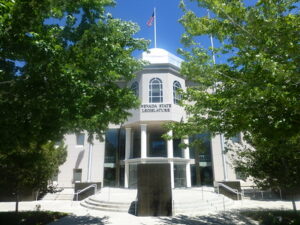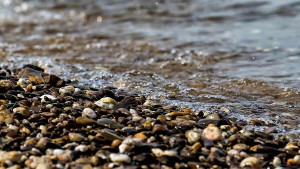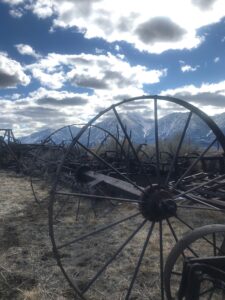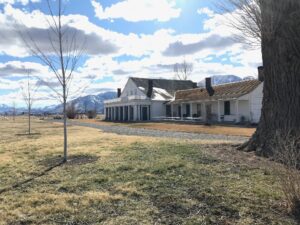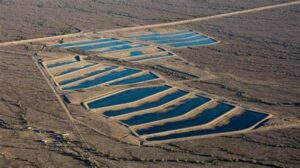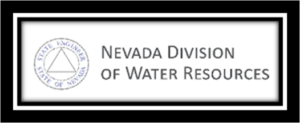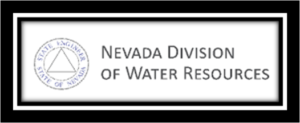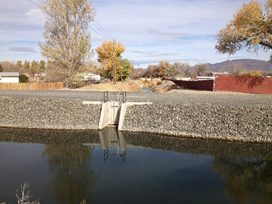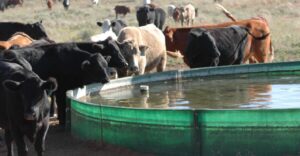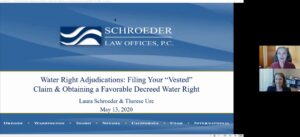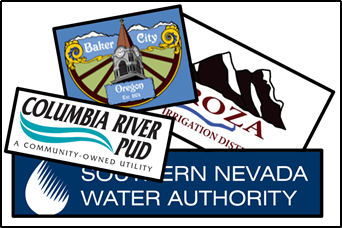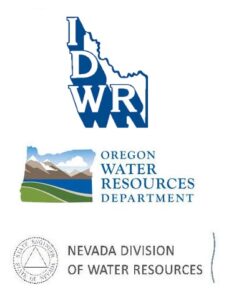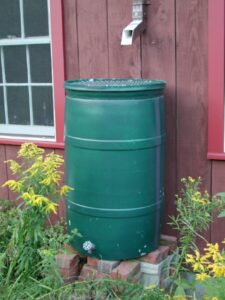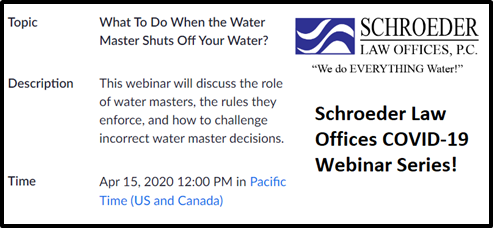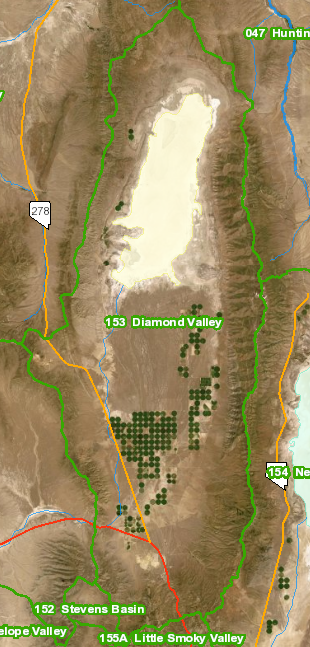In the 2021 Nevada legislative session the Assembly considers nine water related bills and the State considers 15 water related bills total. The 2021 legislative session began on February 1, 2021 and will conclude on June 1, 2021. The Assembly bills are in various stages of consideration as the session approaches its conclusion. However, the clock has already run for certain bills. Under Joint Standing Rule 14.3.1 the final standing committee to which a bill or joint resolution is referred in its house of origin may only take action on the bill or joint resolution on or before the 68th calendar day of the legislative session. Under Joint Standing Rule 14.6, certain exemptions apply for re-referral of a bill to the Senate Committee on Finance or the Assembly Committee on Ways and Means. The 68th day of the Session was April 9, 2021.
Other deadlines apply pursuant to Joint Standing Rule 14.3. These include:
- Final action may only be taken by the House of origin on or before the 79th calendar day of the legislative session (April 20, 2021);
- Final standing committee to which a bill is referred in the second House may only take action until the 103rd day of the legislative session (May 14, 2021) unless referred to the Senate Committee on Finance or the Assembly Committee on Ways and Means; and
- Final action on the bill may only be taken by the second House on or before the 110th day of the legislative session (May 21, 2021).
As a result, some of the bills are dead in the water and will progress no further. Summaries of pre-filed Assembly Bills 5, 6, and 16 can be found in our earlier blog post. The remaining water related Assembly bills are summarized below.
Assembly Bill 146
Assembly Bill 146 proposes various changes to Nevada Revised Statute (“NRS”), chapter 445A regarding water pollution, including:
- Requiring the State Department of Conservation and Natural Resources to establish a program regulating water pollution resulting from diffuse sources;
- Establishing requirements for applicants for certain permits relating to water pollution to post a bond or other surety;
- Revising the requirements for regulations adopted by the State Environmental Commission relating to water pollution, including the notice requirement relating to adoption of these regulations;
- Revising provision related to the Director of the Department of Conservation and Natural Resources’ control of water pollution, including control of diffuse sources of water pollution;
- Revising requirements for permits to discharge pollutants or inject fluids through a well; and
- Requiring consultation and notification to Indian tribes of certain actions related to water pollution.
Assembly Bill 146 has not passed the Assembly Committee of Natural Resources but is exempt from Standing Rule 14.3.1.
Assembly Bill 354
Assembly Bill 354 is the fruition of one of the bill drafts discussed in this earlier blog. This bill authorizes the creation and sets forth the authority and duties of water banks. It additionally requires the State Engineer to submit a biennial report to the legislature related to water banks and provides penalties for violations of its provisions.
Further action on Assembly Bill 354 is not allowed, pursuant to Joint Standing Rule 14.3.1.
Assembly Bill 356
Assembly Bill 356 is the fruition of the other bill draft discussed in this earlier blog. This bill creates and sets forth the requirements for a voluntary water conservation program and creates an account for the Nevada Division of Water Resources to purchase and retire water rights in targeted basins.
Assembly Bill 356 passed the Assembly Committee of Natural Resources and is being considered by the Assembly Committee of Ways and Means.
Assembly Concurrent Resolution 4
Assembly Concurrent Resolution 4 does not directly affect water resources or water quality. However, it does direct the Legislative Commission to appoint a committee to conduct an interim study on general improvement districts (“GIDs”). GID’s provide certain services and facilities to residents of the district, often times including water services. Assembly Concurrent Resolution 4 will create a committee to study GIDs to: (1) improve accountability and effectiveness; (2) identify areas of continuing abuse and potential abuse in the creation, financing, operation, and oversight of GIDs; (3) consider modifying requirements related to GIDs; and (4) recommend possible legislative solutions to any continuing abuses.
Assembly Concurrent Resolution 4 was referred to the Committee on Legislative Operations and Elections.
Assembly Joint Resolution 2
Assembly Joint Resolution 2 recognizes that that health of forests, rangelands, and soils are inextricably linked to the quantity and quality of water. It further expresses and supports the Federal Government, state agencies, conservation districts, and local governments to work collaboratively with water purveyors, land managers, private land owners, land users, and other stakeholders to identify watersheds that can be improved by better forest, rangeland, and soil health measures and to identify or establish voluntary programs within the limits of the legislative appropriations, and other available money to address the health of forests, rangelands, and soil.
Assembly Joint Resolution 2 passed the Assembly and is currently being considered by the Senate Committee on Natural Resources.
Assembly Joint Resolution 3
Assembly Joint Resolution 3 urgers various actions relating to the protection and conservation of land and water. In the resolution, the Legislature expresses its support for the goal of protecting 30 percent of the lands and water in Nevada by 2030. The resolution urges:
- State and local agencies to honor tribal jurisdictions and the rights of indigenous tribes in efforts to protect land and water;
- Fair treatments of all races in efforts to protect land and water;
- Private landowners to participate in voluntary programs to protect wildlife habitat and increase carbon sequestration; and
- Nevada Congressional Delegation to identify opportunities for federal legislation and regulatory action to expand protection and conservation measures on public land in Nevada.
Assembly Joint Resolution 3 passed the Assembly and is currently before the Senate Committee on Natural Resources.
Interested in more legislative updates? Keep an eye on our blog for a summary of the 2021 water related Senate bills.
(Image Credit: https://mynews4.com/news/local/explaining-the-mining-gaming-and-sales-tax-proposals-of-the-2021-nevada-legislature; https://www.reviewjournal.com/news/politics-and-government/nevada/district-map-in-nevada-assembly-skews-blue-study-finds/)


